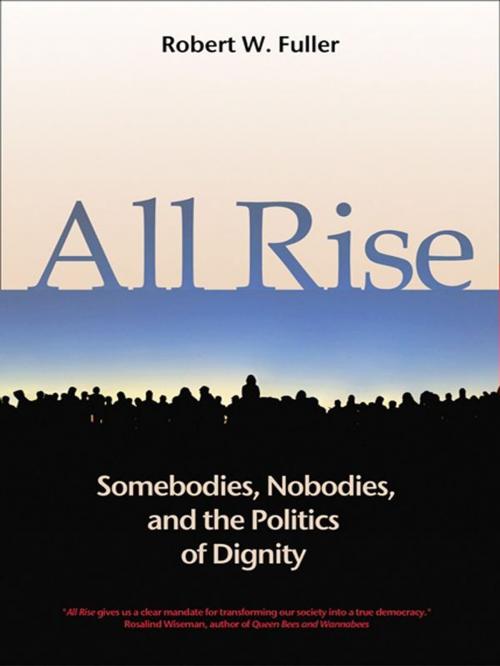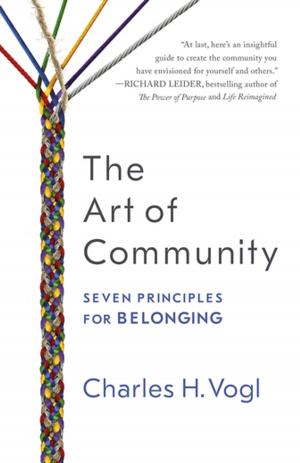All Rise
Somebodies, Nobodies, and the Politics of Dignity
Business & Finance, Business Reference, Business Ethics| Author: | Robert W. Fuller | ISBN: | 9781609943127 |
| Publisher: | Berrett-Koehler Publishers | Publication: | June 15, 2006 |
| Imprint: | Berrett-Koehler Publishers | Language: | English |
| Author: | Robert W. Fuller |
| ISBN: | 9781609943127 |
| Publisher: | Berrett-Koehler Publishers |
| Publication: | June 15, 2006 |
| Imprint: | Berrett-Koehler Publishers |
| Language: | English |
In his groundbreaking book Somebodies and Nobodies, Robert Fuller identified a form of domination that everyone has experienced but few dare to protest: rankism, abuse of the power inherent in rank to exploit and humiliate someone of lower rank. It plays a role in just about every form of social oppressionÑracism, sexism, homophobia, and religious intolerance all have a significant element of rankism in them. Most everyone has felt the sting of rankism--at the hands of a dictatorial boss, a condescending teacher, an arrogant doctor, or an imperious bureaucrat. But, equally, most everyone has inflicted it on someone of lower rank. That we are, all of us, both victims and perpetrators of rankism mandates a novel, multifaceted strategy for confronting it. Fuller isn't proposing that we do away with rank--without it organizations become dysfunctional. He's not advocating an egalitarian society where all are equal in rank but rather a "dignitarian" one where all are equal in dignity: a society in which rankholders are held accountable, rankism is shunned, and dignity is broadly protected.
In his groundbreaking book Somebodies and Nobodies, Robert Fuller identified a form of domination that everyone has experienced but few dare to protest: rankism, abuse of the power inherent in rank to exploit and humiliate someone of lower rank. It plays a role in just about every form of social oppressionÑracism, sexism, homophobia, and religious intolerance all have a significant element of rankism in them. Most everyone has felt the sting of rankism--at the hands of a dictatorial boss, a condescending teacher, an arrogant doctor, or an imperious bureaucrat. But, equally, most everyone has inflicted it on someone of lower rank. That we are, all of us, both victims and perpetrators of rankism mandates a novel, multifaceted strategy for confronting it. Fuller isn't proposing that we do away with rank--without it organizations become dysfunctional. He's not advocating an egalitarian society where all are equal in rank but rather a "dignitarian" one where all are equal in dignity: a society in which rankholders are held accountable, rankism is shunned, and dignity is broadly protected.















